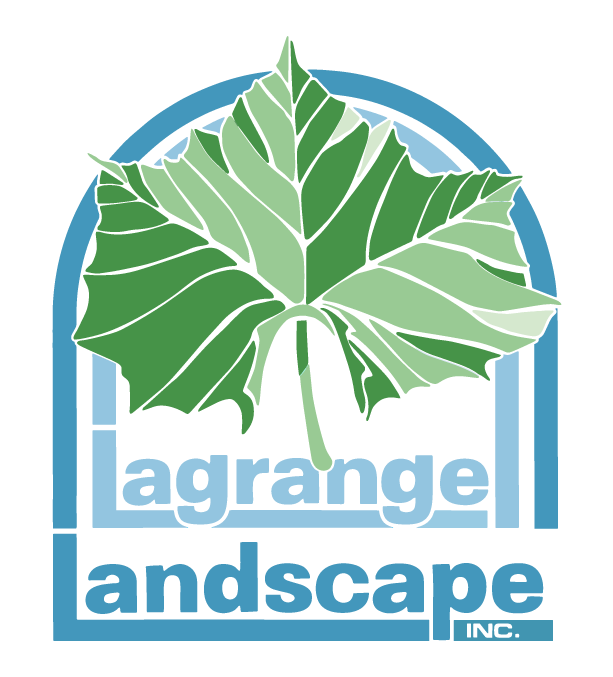Frequently Asked Questions
Yes, we cater to residential, commercial, and industrial clients with customized landscape solutions tailored to each property’s unique needs.
Yes, we provide high-quality mulch in bulk for residential and commercial properties, perfect for landscaping beds and ground cover.
Controlling American burnweed involves removing it manually before it flowers and using a pre-emergent herbicide to prevent its spread in the following season.
Yes, American burnweed (Erechtites hieraciifolius) is considered a weed in many regions, including Georgia. It is known for its rapid growth in disturbed soils and can quickly colonize areas, particularly where the ground has been recently cleared or disturbed. Its management often involves regular monitoring and removal before it can set seed.
American burnweed is not typically poisonous to humans, but it is not recommended for consumption. Some gardeners may experience skin irritation when coming into contact with the plant. It’s always best to handle it with gloves, especially for those with sensitive skin or known allergies.
A custom-designed irrigation system ensures your landscape receives the right amount of water, reduces water waste, and lowers your utility bills.
In Georgia, lawn aeration is best done in the late spring or early summer when warm-season grasses like Bermuda and Zoysia are actively growing. For cool-season grasses like fescue, aeration should be done in early fall.
Grass in Georgia typically stops growing when temperatures drop below 55°F, which usually occurs in late fall.
We offer a wide range of services, including landscape design and installation, lawn care and maintenance, irrigation design, sports field management, and bulk mulch sales.
Sports field landscaping includes designing and maintaining athletic fields, ensuring proper drainage, turf health, and performance for sports like football, soccer, and baseball.
Industrial landscaping involves the planning and maintenance of green spaces around commercial or industrial buildings, focusing on sustainability, functionality, and aesthetics.
The best practices for lawn care in Georgia include regular mowing, proper irrigation, aeration, fertilization, and addressing any weed or pest issues.
